From debates about science education in public schools to controversy over scientific literacy, conflict between science & faith often appears in our news headlines. How can we improve the conversation between scientists and communities of faith? Can we reach a common ground to improve understanding and create fruitful conversations?
It may surprise you that Christians do not all share the same interpretations of Genesis 1-11. What interpretations have been common throughout church history, which are common today, and how does all this relate to the relationship between science & faith? Does the Christian faith oppose the facts about dinosaurs?
How did faith-filled cultures influence the development of the Scientific Revolution? Many claim that science arose DESPITE oppression by the Christian church. Is there more to the story?
It’s well known that many scientists practice religion in their personal lives -- but is it logically inconsistent for them to do so? A panel of scientists share why their faith complements, rather than contradicts, their particular field of study.
Science continues to unlock more and more mysteries behind natural phenomena. Will there come a day when science explains away our need for God? Has science explained the origin of life? The answer may surprise you.
As science gathers more data and digs deeper into the world around us, does the big picture suggest that everything happened by chance, or that there is intention in how it all works together? Come and hear recent findings about how complex biology is and it looks like it has a purposeful design.
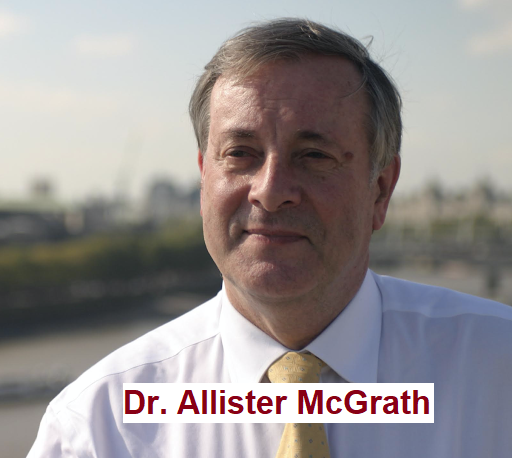
Alister McGrath is a scientist and an Anglican priest, holding doctorate degrees in both Biochemistry (1977) and Theology (2001). As a former atheist, he brings a respectful perspective to today’s conversations on science and faith. He is the Andreos Professor of Science and Religion at Oxford University.
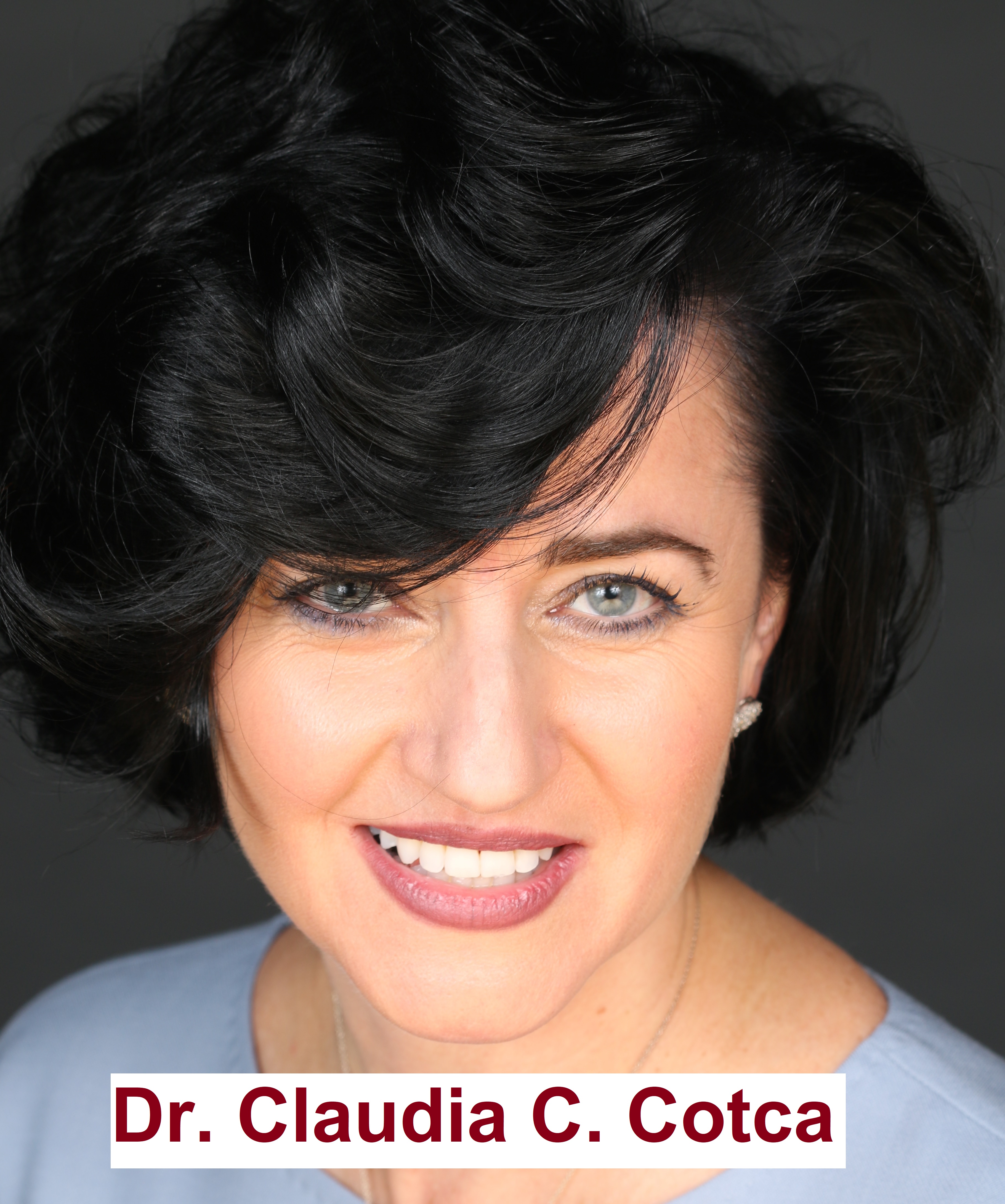
Dr. Claudia Cotco is a 3-time graduate of the University of Michigan (BS - Chemistry Degree & CMB, MPH - Toxicology and Environmental Health sciences, and DDS). She is an international lecturer and founder of the Washington Institute for Dentistry & Laser Surgery in Washington DC Metro, a private practice, and C3 Think Tank, a clinical protocol and medical device development institute.
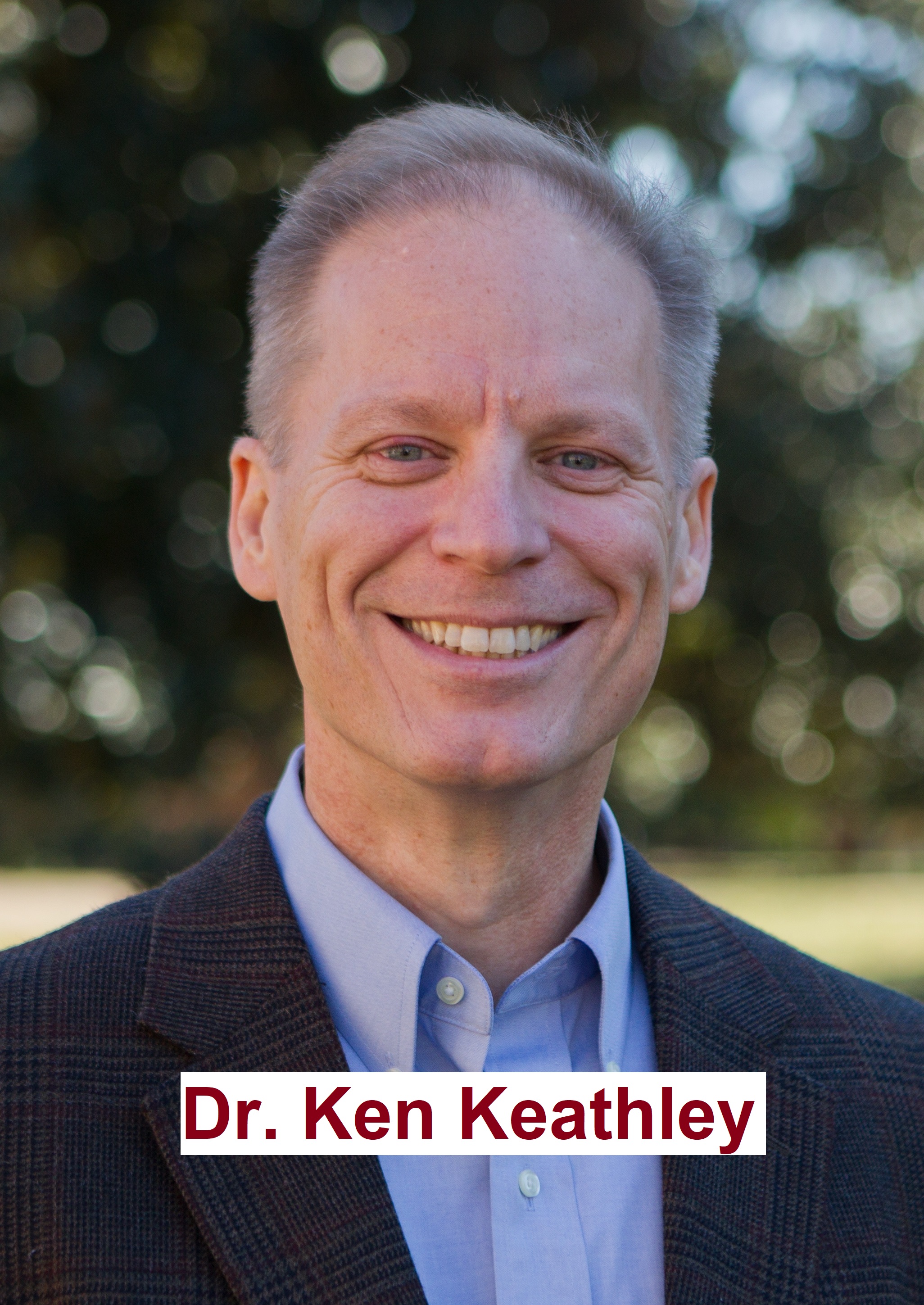
Ken Keathley is Senior Professor of Theology and the Jesse Hendley Chair of Theology at Southeastern Baptist Theological Seminary. He also serves as the Director of the L. Russ Bush Center for Faith and Culture. He is the author of Salvation and Sovereignty: A Molinist Approach (B&H, January 2010), co-author of 40 Questions About Creation and Evolution (Kregel, November 2014) and co-editor of Old Earth or Evolutionary Creation?: Discussing Origins with Reasons to Believe and BioLogos (IVP, July 2017).
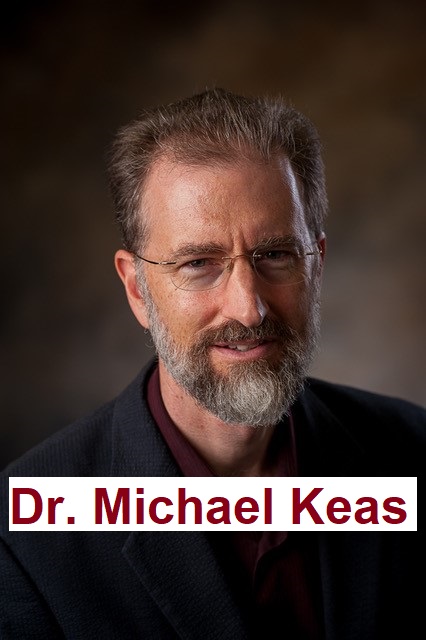
Mike Keas has a Ph.D. in the history of science and has won research grants from such organizations as the National Science Foundation, Fulbright, and Discovery Institute. Dr. Keas serves as lecturer in the history and philosophy of science at Biola University and on the board of directors of Ratio Christi. He has numerous publications, including his book 7 Myths about the History and Future of Science and Religion and an essay (downloaded over 8900 times) on the traits of a good theory (the Theoretical Virtues ) in the top-tier philosophy journal Synthese.
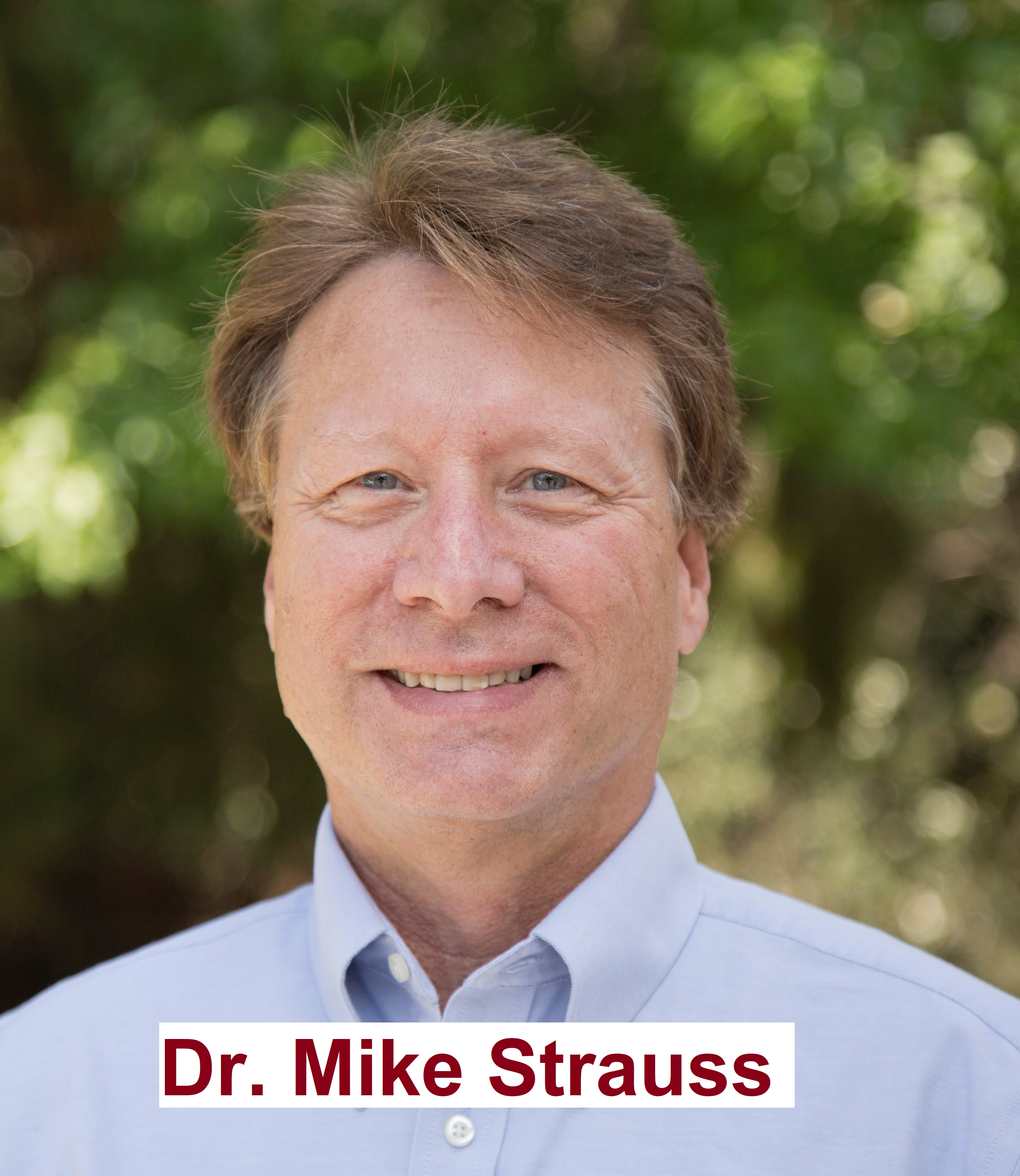
Dr. Michael G Strauss is a David Ross Boyd professor of physics at the University of Oklahoma in Norman. He conducts research in experimental particle physics at CERN laboratory near Geneva Switzerland where he studies the fundamental particles and forces in the universe using data from the Large Hadron Collider taken with the ATLAS detector.
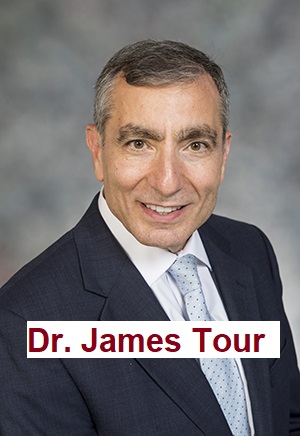
Dr James M. Tour, a synthetic organic chemist, received his Ph.D. in synthetic organic and organometallic chemistry from Purdue University, and postdoctoral training at the University of Wisconsin and Stanford University. Dr. Tour has over 715 research publications and over 140 patent families. Tour was named among “The 50 Most Influential Scientists in the World Today” by TheBestSchools.org in 2019; listed in “The World’s Most Influential Scientific Minds” by Thomson Reuters ScienceWatch.com in 2014.
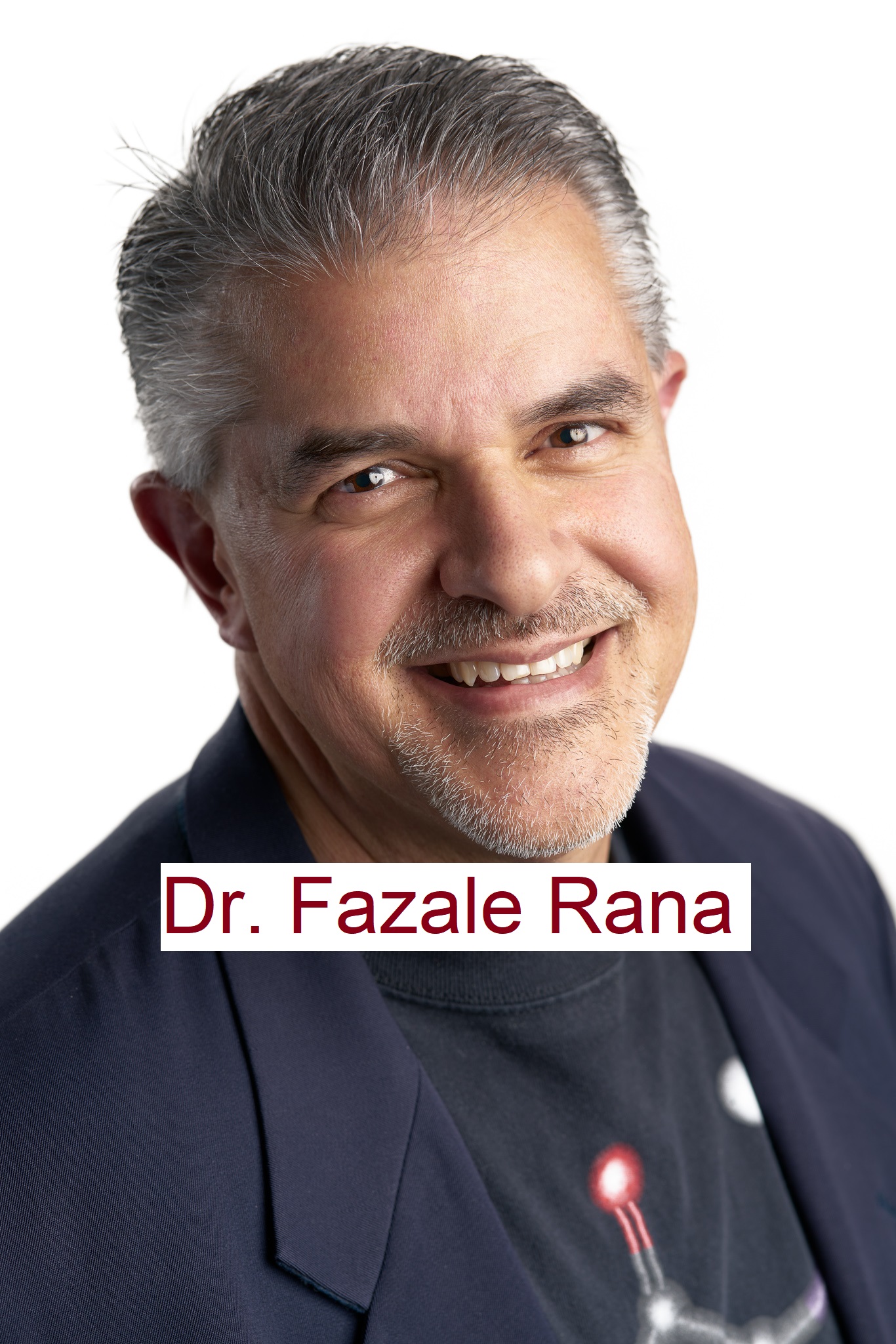
Biochemist Fazale “Fuz” Rana is vice president of research and apologetics at Reasons to Believe. Fuz earned a BS in chemistry at West Virginia State University and a PhD in chemistry with an emphasis in biochemistry at Ohio University. He pursued postdoctoral studies in the biophysics of cell membranes at the Universities of Virginia and Georgia, has coauthored numerous papers for peer-reviewed journals, and holds two patents.
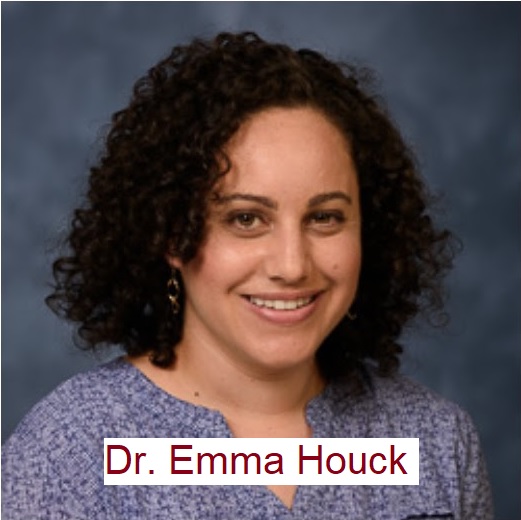
Emma Houck is a California native who completed a BS in Animal Biology and her Doctorate of Veterinary Medicine at the University of California, Davis. She currently lives in Asheboro, NC where she pursues specialty training as a zoological medicine resident at North Carolina State University and the North Carolina Zoo